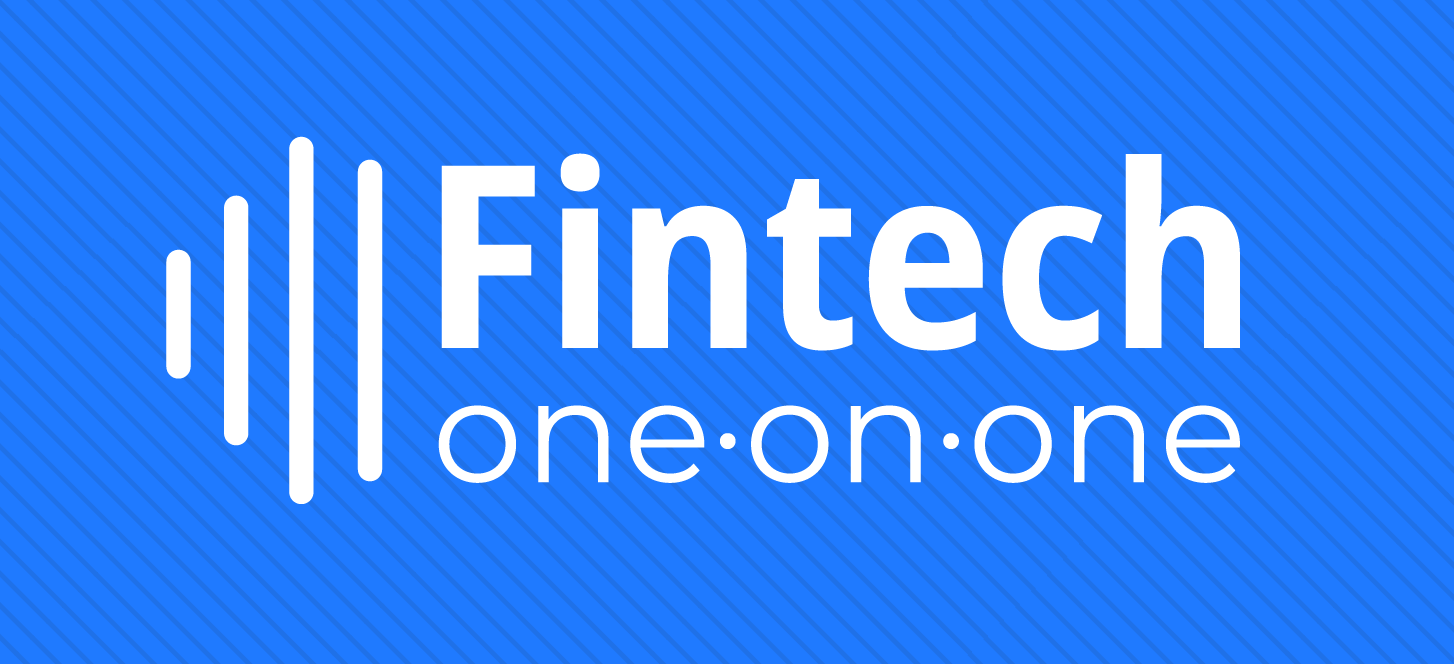Steve Hoke, General Manager of Mortgage and Commercial Lending at Finastra
Applying for a residential mortgage is a slow and complicated process. While technology is certainly making this process more efficient we still have a long way to go before it is a quick and seamless experience. The same can be said for commercial loans. For most community banks these are the two kinds of loans that make up the majority of their loan book.










